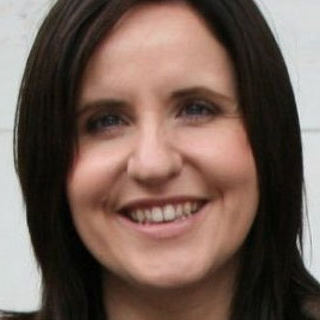On Community Trust and Rehabilitation
A Twitter DM Conversation
Patricia Aas, 14 March 2022
This post is in response to a lot of discussions around the incident involving CppCon and therefore the conversation below should be read in that context.
The conversation is an edited version of a Twitter DM exchange that I was allowed to make into a blogpost. I will not add any more analysis to it. I hope it might give some food for thought for others.
Them: I don’t even know what I think are the right answers. I have a lot of questions and doubts though. I know I don’t feel comfortable with what I have learned the past several days. I am referring to the whisper networks, what they imply, how do you make them not necessary.
Patricia: You shouldn’t have them, they don’t work. They’re like vaccines you need to be connected to get. You will always have new people that don’t have those connections. There’s another model/expression let me see if I can find it: Missing stair. An expression that originated around this particular problem, of a known rapist.
Them: How do you balance this against the idea of reform? Is that even possible? It has come up in many conversations but mostly in the abstract. I don’t really understand the subject, not in depth. I have a high level understanding, mostly around social justice issues around drug crime etc.
Patricia: Most crimes are not really relevant to safety in this context. Some are, like hate-crime. Basically, in my opinion, if someone has committed a crime that breaks community trust then time is not enough to restore trust. Acknowledging harm and public work to do reparations and build trust is needed. And might never be sufficient. That is up to the community to decide.
Them: Several folks have suggested a similar model, where if you want to be part of the community you need to acknowledge your past and be open about reforming, and it makes a lot of sense.
Patricia: This isn’t about punishment, this is about safety and trust. Rape and for example hate-crime violates interpersonal trust, and justifiably erodes real or perceived safety. There is no guaranteed way back. It will take actual work, and it may never be enough. You can’t require folks to trust you and feel safe around you.
Them: You can not require trust, 💯
Patricia: We can’t socially pressure others to do it either.
Them: Right, every individual has to make their own choice.
Patricia: We can’t for example as a predominantly white community require black folks to accept and exist in a community with known white supremacists. They have to be the guide. We have to believe and trust their judgment on their experience.
Them: Reform for some crimes requires a renunciation or your past and active effort to be a better person and for some folks that may never be enough.
Patricia: This is also work on the part of the majority (whichever majority) - to recognize the competence of the minority and respect it.
Them: That makes a lot of sense. I have to say I feel a lot better after this conversation. I have clarity on what I think the way forward is. I was super nervous about expressing some of my doubts, I wondered if not having a stronger conviction on some of these ideas was ridiculous.
Patricia: This situation intersects with others where the evaluations might go in a completely different direction. For example narcotics convictions. Here structural racism comes in, together with addiction and disability. But viewed through the lens of community trust and perceived safety it becomes easier to see how this is completely different. Or at least I hope it does.
Them: I think you have convinced me it does.
